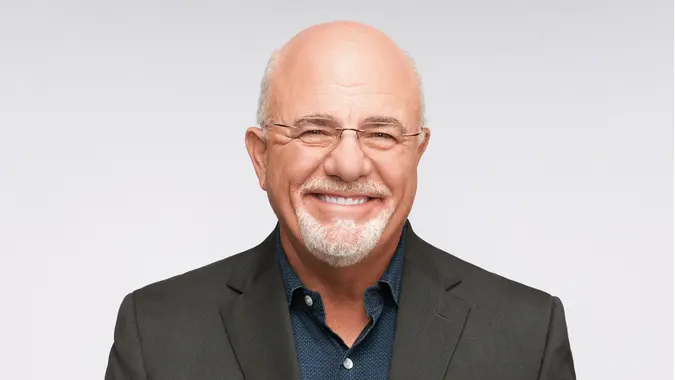Dave Ramsey: Ask 4 Questions To Evaluate Your Retirement Savings Performance

Commitment to Our Readers
GOBankingRates' editorial team is committed to bringing you unbiased reviews and information. We use data-driven methodologies to evaluate financial products and services - our reviews and ratings are not influenced by advertisers. You can read more about our editorial guidelines and our products and services review methodology.

20 Years
Helping You Live Richer

Reviewed
by Experts

Trusted by
Millions of Readers
Retirement is on the horizon. For some of us, that horizon is closer than it is for others. But no matter how old or close you are to retirement, you should actively invest your retirement savings.
According to Dave Ramey, a well-known radio personality and financial expert, there are four questions you should be asking to evaluate your retirement savings and how your portfolio is performing. Asking these questions annually or semi-annually can ensure you’re on track for your desired retirement.
1. How Are My Mutual Funds Performing about the Stock Market as a Whole?
Individual funds will fluctuate, so investing in mutual funds — a group of individual funds — is smart. When you evaluate your retirement savings performance, Ramsey says you should look at your mutual funds and compare their performance to that of the S&P 500.
Because the S&P 500 measures the performance of 500 of the largest companies that trade stocks on the New York Stock Exchange, you’re in a good position if your mutual funds are keeping pace with or outperforming them. If they’re underperforming, it may be time to talk with your financial advisor about next steps.
2. Are My Funds Balanced?
Ramsey recommends investing 15% of your income between four types of mutual funds — growth, aggressive growth, growth and income, and international. Holding different funds means that if one is underperforming, others may be performing better, leading to more balanced growth.
If you notice that your funds are out of balance and you have more invested in a certain fund than in the others, it might be time to discuss reallocating some money to keep them in balance.
3. Does My Portfolio Include Top-Performing Funds?
Including top-performing funds in your retirement portfolio can mitigate some inherent risks of owning mutual funds and stocks. According to USA Today, top-performing index funds include the Fidelity 500 Index Fund (FXAIX), Vanguard 500 Index Fund Admiral Shares (VFIAX), and Schwab S&P 500 Index Fund (SWPPX). While these are not the only top-performing index funds, evaluating your index funds or discussing them with your financial advisor to ensure you’re including well-performing funds within your retirement portfolio is good.
4. Do I Need to Adjust My Individual Funds
Asking this question is a good exercise in evaluating the current performance of your retirement savings. But, according to Ramsey, “jumping from one fund to another to chase high returns will have the opposite effect on your retirement accounts.” Trying to time the market can result in diminished returns because it begins to climb when you sell the fund. So, even though this is a good question, the answer will likely be “no.”
 Written by
Written by  Edited by
Edited by 

























